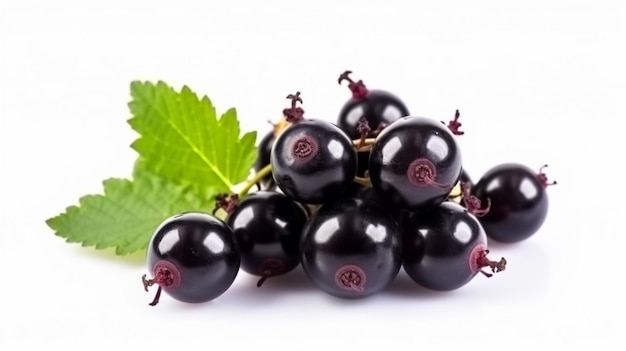6 Benefits of Polyphenol Consumption
Polyphenols are abundant in many raw vegetables and fruits. With recent research and discussions in scientific journals, potential therapeutic applications for these compounds have emerged. Here are some key benefits of polyphenols:
Skin Protection
Eating fruits, vegetables, legumes, nuts, and seeds, and consuming antioxidant-rich beverages, can help protect your skin from UV radiation. Compounds like resveratrol in red wine have polyphenic properties that help safeguard the skin. Other compounds such as silymarin, genistein, delphinidin, pomegranate fruit extract, grape seed proanthocyanidins, and green tea polyphenols may also provide protection against UV damage.
Brain Health
Polyphenols’ antioxidant properties offer comprehensive support for the aging neurological system, potentially delaying the onset of dementia-like symptoms. These compounds have been linked to a reduced risk of Alzheimer’s disease, stroke, multiple sclerosis, Parkinson’s disease, and Huntington’s disease. Researchers suggest that polyphenols approach neurological health holistically, addressing the complex physiology behind various brain disorders.
Supports Normal Blood Sugar
Glucose management is crucial for many Americans, with about 1 in 10 people suffering from type II diabetes or prediabetes. Flavonoids, a group of polyphenols found in foods like tea and cocoa, have shown beneficial effects in supporting normal blood sugar levels. These flavonoids appear to enhance insulin secretion, reduce cell death, regulate glucose metabolism, improve insulin sensitivity, decrease oxidative stress, and increase glucose uptake by cells.
Nutritional Support for Cancer
While polyphenols won’t cure cancer, research has indicated their potential therapeutic role. Some polyphenols may protect against carcinogens—cancer-causing substances found in food and the environment. Although some health-conscious consumers are wary of coffee, studies suggest that the polyphenols in coffee could help reduce the risk of colorectal cancer.
Blood Pressure
Studies show that flavonoids, such as catechins, anthocyanins, and phenolic acids, are essential dietary components that help maintain normal blood pressure by inhibiting physiological mechanisms that trigger hypertension.
Cardiovascular Health
Polyphenols in cocoa have been found to reduce cardiovascular stress by inhibiting LDL cholesterol, or “bad” cholesterol. These compounds also increase blood vessel vasodilation, promoting better circulation. The benefits have been particularly associated with organic dark chocolate that contains 72 percent cacao or more. Cheap candy, however, does not offer these health benefits.
The Best Sources of Polyphenols
Natural foods like vegetables, fruits, tea, coffee, and red wine are some of the primary sources of polyphenols. Citrus fruits contain specific types of polyphenols, like flavanones, while other fruits offer a wider range of these compounds.
It’s believed that growing conditions significantly impact polyphenol content. To ensure you’re getting the most potent sources of polyphenols, choose organic and non-GMO produce. Local foods may also be fresher and richer in natural antioxidant compounds compared to imported varieties.

